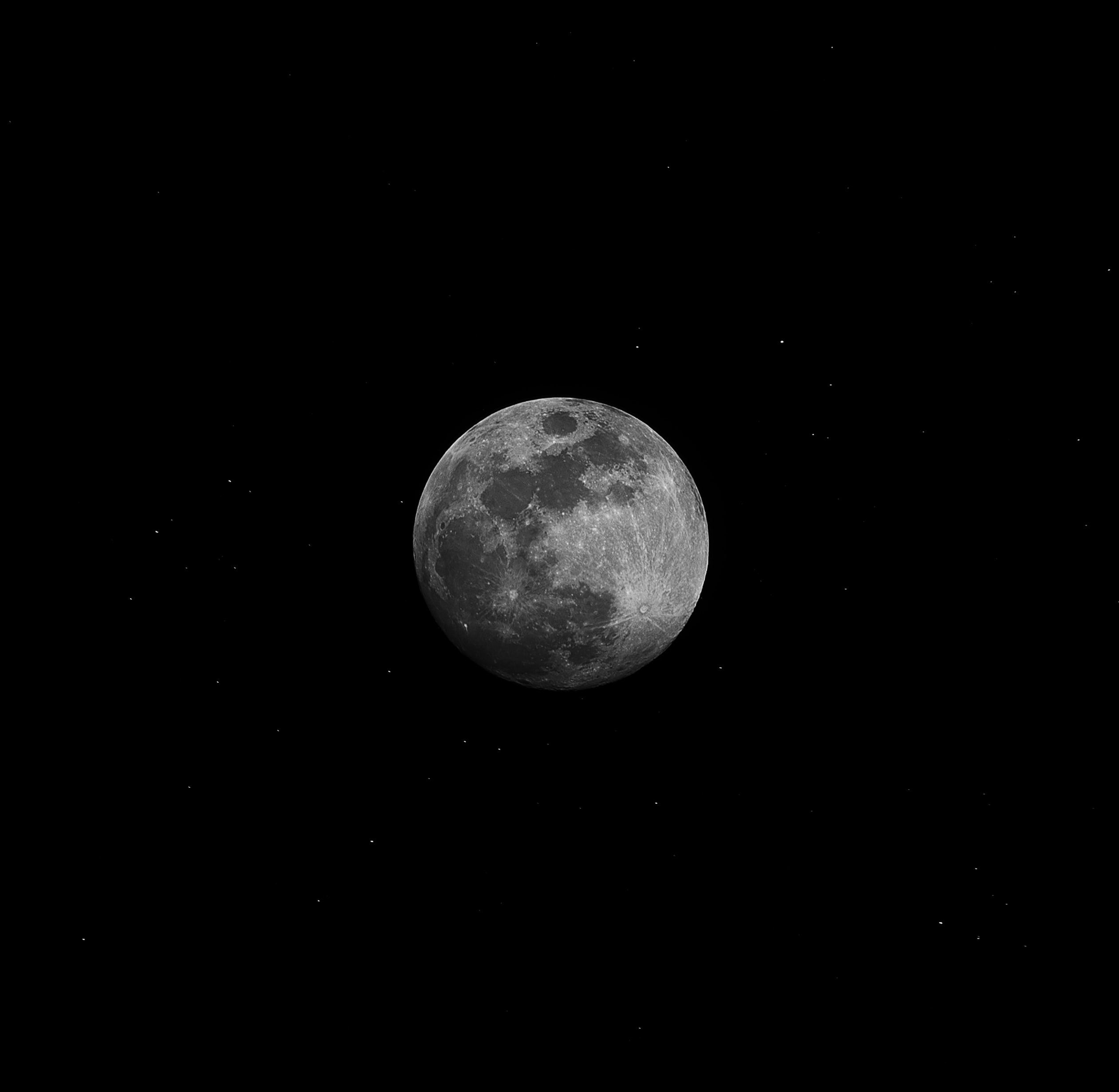Is Today a Full Moon in NJ?
Many people are fascinated by the moon and its different phases. Lunar cycles have been observed by humans for centuries and are often associated with various beliefs, rituals, and even natural phenomena. One of the most well-known phases is the full moon, a term that describes the moon when it appears as a complete, fully illuminated circle in the night sky. In this blog post, we will explore whether today is a full moon in New Jersey, providing you with all the information you need to know about this captivating celestial event.
Understanding the Lunar Cycle
Before we delve into whether today is a full moon in NJ, let’s first gain a better understanding of the lunar cycle. The moon goes through different phases as it orbits around the Earth. These phases are determined by the alignment of the moon, Earth, and the sun.
The lunar cycle consists of eight distinct phases:
- New Moon: The moon is not visible because it is situated between the Earth and the sun.
- Waxing Crescent: A small sliver of the moon is visible as it becomes more illuminated.
- First Quarter: The moon is half illuminated and reaches its highest point in the sky around noon.
- Waxing Gibbous: More than half of the moon is visible, but it is not yet fully illuminated.
- Full Moon: The entire moon is visible and appears as a round, luminous disc in the night sky.
- Waning Gibbous: The moon starts to decrease in illumination after reaching its full phase.
- Third Quarter: Only half of the moon is illuminated, and it reaches its highest point in the sky around midnight.
- Waning Crescent: A small sliver of the moon is visible as it becomes less illuminated.
Moon Phases and its Impact
Moon phases have captured the interest of people across cultures, resulting in numerous myths and legends. Some believe that certain lunar phases can affect human behavior, weather patterns, or even crop growth. While scientific evidence supporting these claims is limited, moon phases can influence tidal patterns due to the moon’s gravitational pull.
Furthermore, the full moon, in particular, has been associated with different cultural and religious practices. For example, some pagans celebrate the full moon as a time of heightened energy and perform rituals related to fertility, healing, or spiritual growth. In contrast, some cultures consider the full moon as an inauspicious period and associate it with supernatural events or increased crime rates.
Determining if Today is a Full Moon in NJ
To determine whether today is a full moon in NJ, we can consult various sources, including astronomical data and moon phase calendars. One highly reliable resource is the National Aeronautics and Space Administration (NASA), which provides accurate information about celestial events.
By visiting NASA’s website, we can access their interactive moon phase calendar. This calendar displays the moon’s phase for any given date. By inputting today’s date, we can see the moon’s current phase and determine if it is indeed a full moon in NJ.
After navigating to the calendar and entering the current date, we discover that today is, in fact, a full moon in NJ. The moon is at its peak phase, with its entire surface illuminated and displaying a breathtaking sight in the night sky.
Full Moon Sightings and Traditions
A full moon is a captivating natural phenomenon that attracts people’s attention, and many enjoy engaging in various activities during this phase. Full moon sightings can be a mesmerizing experience, especially in areas with minimal light pollution. On clear nights, the brightness of a full moon can provide enough illumination to partake in activities such as stargazing, night hikes, or moonlit picnics.
Several cultural traditions and celebrations are also associated with the full moon. One example is the Mid-Autumn Festival, celebrated in many East Asian countries. This festival coincides with the full moon in September or October and involves family gatherings, mooncakes, and the lighting of lanterns.
Another popular celebration is the Hindu festival of Karva Chauth, observed by married women in parts of India. Women fast throughout the day and break their fast only after sighting the moon, traditionally the full moon, as it symbolizes the prosperity and well-being of their spouses.
Conclusion
The moon’s phases have always fascinated humanity, and the full moon, in particular, holds a special allure. Today, we explored whether it is a full moon in NJ, and according to NASA’s moon phase calendar, it is indeed a full moon. We also learned about the different phases of the lunar cycle and their cultural significance.
Whether you view the full moon as a romantic backdrop, a spiritual connection, or simply appreciate its beauty, one thing is certain—it continues to be a source of wonder and inspiration for people around the world.
So, take a moment tonight to step outside and gaze up at the fully illuminated sphere in the night sky, knowing that you are witnessing a celestial phenomenon that has captivated humanity for centuries.
Table of Contents
